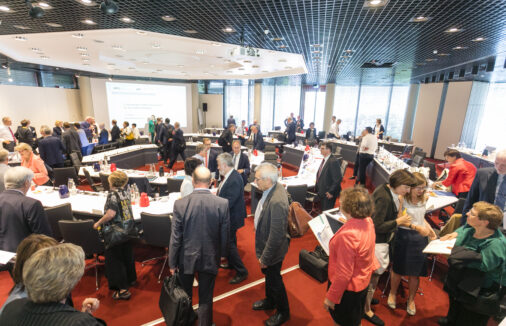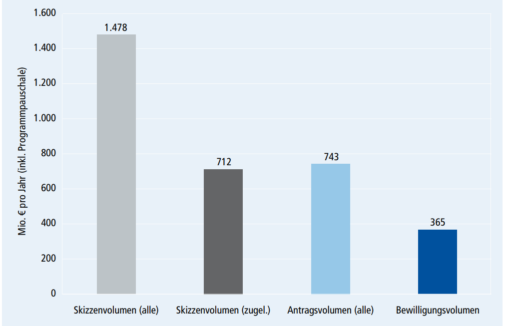On the History of ExStra
The Excellence Strategy builds upon its predecessor, the Excellence Initiative, which contributed to outstanding research and successfully increased international cooperation at German universities. As such, it even served as a model for excellence funding programmes in other countries.

The Excellence Initiative was launched by the federal and the state governments on 18 July 2005, ending on 31 October 2017 and including two phases of funding. The Excellence Initiative aimed to strengthen Germany’s position as a hub of excellent research, enhance its international competitiveness, and increase the visibility of its top-level universities and research areas.


The Excellence Initiative was administered by the Deutsche Forschungsgemeinschaft (DFG, German Research Foundation and the Wissenschaftsrat (WR, German Science and Humanities Council). It comprised three funding lines:
- Graduate Schools to promote young researchers,
- Clusters of Excellence to promote top-level research,
- Institutional Strategies to strengthen universities as a whole.


The DFG was responsible for the first and the second funding line, while the WR was in charge of the third funding line. In total, a total of EUR 4.6 billion of funding was approved across all three funding lines – EUR 1.9 billion for the first programme phase (2006-2012) and EUR 2.7 billion for the second programme phase (2012-2017). 25 percent of the funding was provided by the home state of a funded university, while 75 percent was provided by the federal government.
